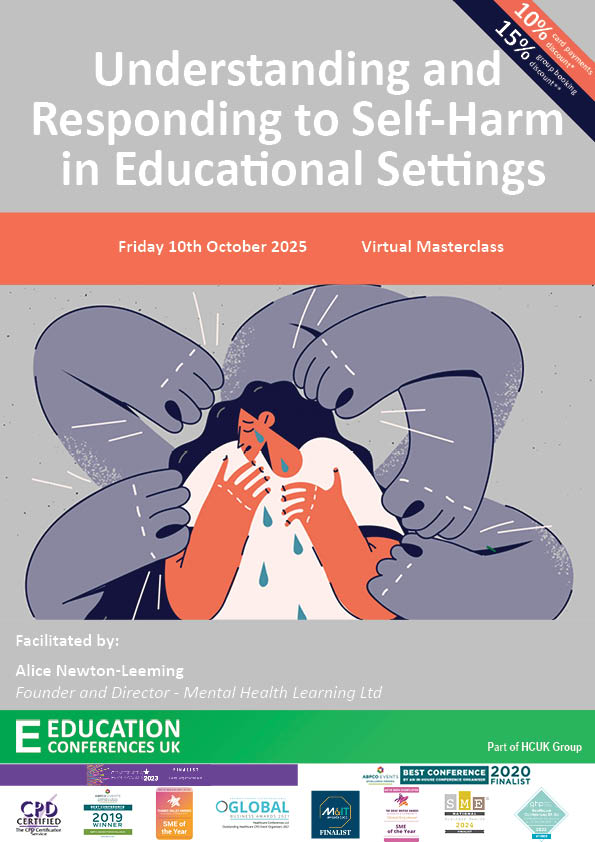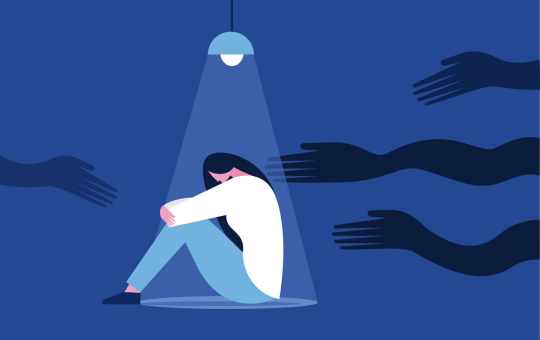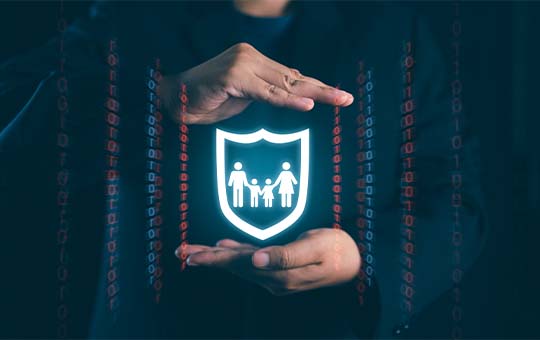This course equips educators with the knowledge, skills, and confidence to understand, identify, and respond effectively to self-harm among young people. Through a trauma-informed, compassionate lens, the training explores the depth and complexity of self-injurious behaviour and how to create school environments that offer safety, connection, and support.
Self-harm among young people is rising, complex, and often misunderstood. This online masterclass is designed to equip educators with the knowledge, tools, and confidence to respond effectively and compassionately to self-injurious behaviours in school communities.
Informed by trauma-informed practice and the latest UK guidance — including Keeping Children Safe in Education (KCSiE), Ofsted mental health expectations, and the Department for Education’s Mental Health in Schools guidance — this course provides an opportunity for participants will explore the depth and understanding around why young people self-harm and how to support pupils safely while maintaining professional boundaries.
Through case studies, interactive activities, and practical resources, educators will deepen their understanding of the emotional drivers behind self-harm, such as emotional dysregulation, trauma, identity, and unmet needs. Crucially, the course demystifies language, dispels harmful myths, and equips schools to create supportive environments that prevent escalation and promote wellbeing.
Whether you’re a classroom teacher, SENCO, DSL, or school leader, this masterclass is a must for safeguarding compliance and wholeschool mental health development. Participants leave with a comprehensive toolkit ready for immediate use, and a renewed confidence to support some of our most vulnerable pupils.
WHO SHOULD ATTEND?
Teachers, school counsellors, SENCOs, teaching assistants, pastoral staff, and other professionals in educational settings supporting young people through transitions.
KEY LEARNING OBJECTIVES
By the end of this masterclass, participants will have:
Developed an understanding of self-harming behaviours and where they can come from
Increased awareness of societal attitudes and consider their impact on young people who harm themselves
Considered the depth behind self-harming behaviours and understand the thought process
Learned helpful responses and strategies to support young people who self-harm
Shared experiences of sensitive and productive conversations with parents/carers
Reflected on the feelings that self-harm can elicit in us as professionals, and the importance of self-care.
FACILITATOR
Alice Newton-Leeming has worked and studied within the field of wellbeing, mental health and suicide prevention for over 18 years. Completing her psychology degree in 2011, and volunteering as a Samaritans Listening Volunteer, Alice quickly moved into a role for a national Suicide Prevention Charity in the UK, and progressed to managing a national helpline and training team around the country delivering training relating to mental health and suicide prevention.
Alice has worked for organisations such as Mind, Mental Health Learning, Listening Ear and Every Life Matters providing emotional support, suicide bereavement support and training to equip communities to spot signs of concerns and provide support to those around them.
Alice also has a passion for supporting others to understand how to look after their own wellbeing. She is a fierce advocate for selfcare and implores anyone she meets to make time for themselves, because we all deserve it.
In her spare time Alice enjoys reading, yoga, country walks, running, cycling and spending time with her husband and two young children.






